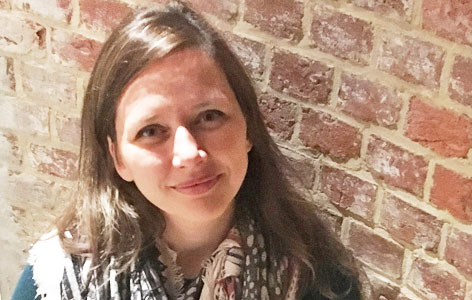
Conference: Academy of Aphasia 55th Annual Meeting, November 5-7, 2017, Baltimore, MD, USA.
Conference Highlight: Strides are being made to uncover the neural substrates of language in the brain, and improve aphasia recovery through application of cognitive and learning theories.
Conference Summary: The Academy of Aphasia had many stimulating talks this year, showcasing the latest advances in aphasia research. Of particular interest was the symposium on the application of learning theory to aphasia treatment. Together, the talks in this symposium described how important it is to employ a good learning theory as a vehicle for change in rehabilitation. A good learning theory must take into consideration the underlying deficit being treated, how treatment experiences will exert change, how to prioritize treatment techniques for each individual patient, and how to schedule treatment experiences. A good learning theory must also be applicable to both restorative and compensatory approaches.
Dr. Gary Dell also emphasized the importance of considering “unlearning” in some cases of aphasia treatment, explaining that learning is a journey: learning one task takes a certain amount of time, but learning its opposite would take twice as long. This is akin to driving to a new destination in one direction, and then having to drive back through your starting point to get to your next destination in the opposite direction.
Another great talk was given by Dr. Marsel Mesulam, a neurologist who is regarded as the first person to identify and name Primary Progressive Aphasia (PPA) as a syndrome separate from post-stroke aphasia and Alzheimer’s dementia. Dr. Mesulam’s talk included videos of a few of the patients that gave him his first insights into PPA. Initially, they were fully functional, aside from complaints of progressive language loss, but without a history of stroke, or other types of memory loss. Hearing the historical perspective on this very complex syndrome was captivating. Dr. Mesulam’s message to scientists and trainees was to not be afraid to break the mold, when currently accepted frameworks do not account for clinical observations.




